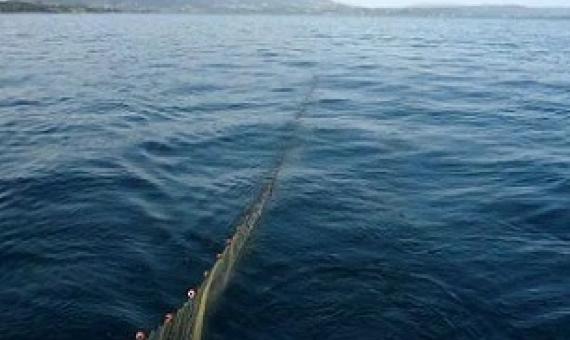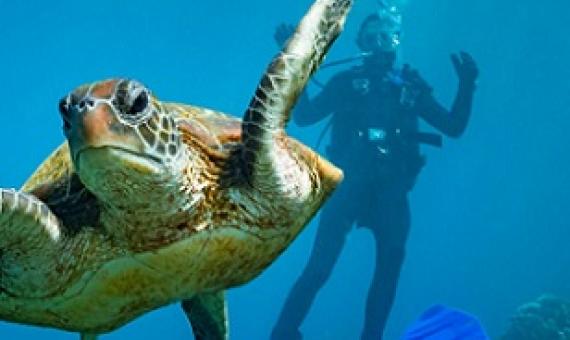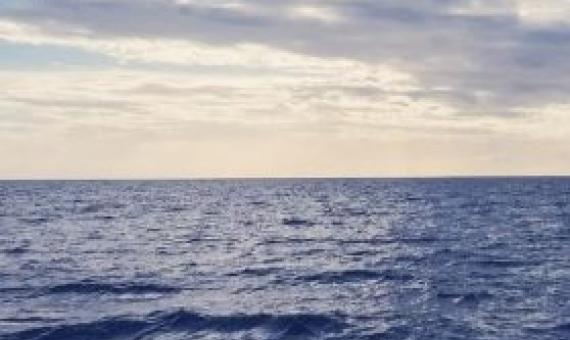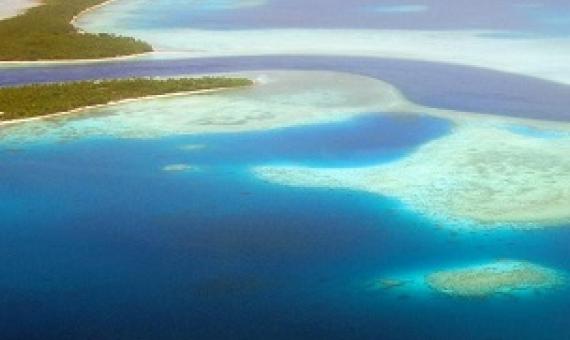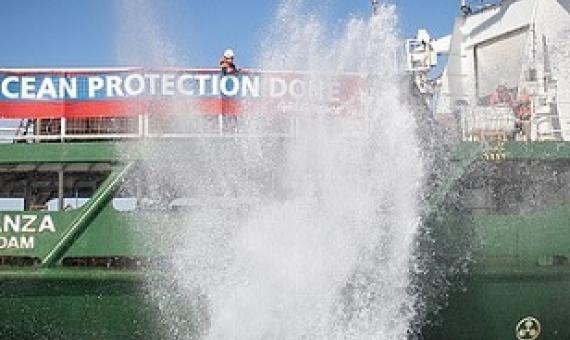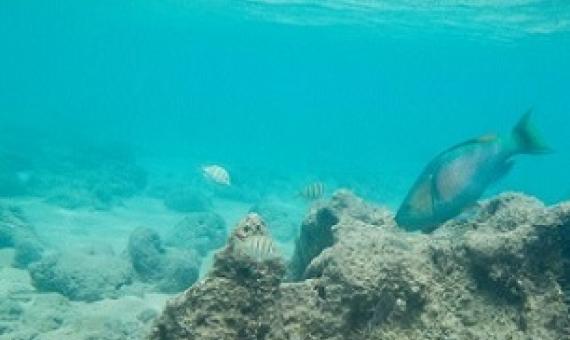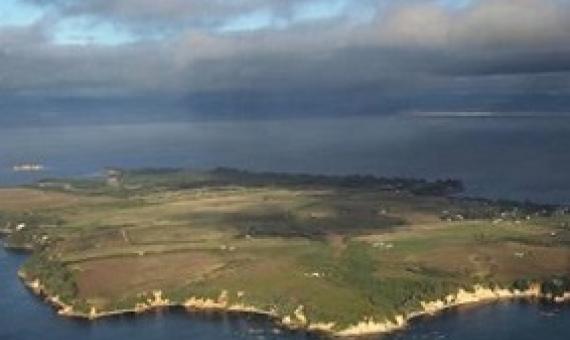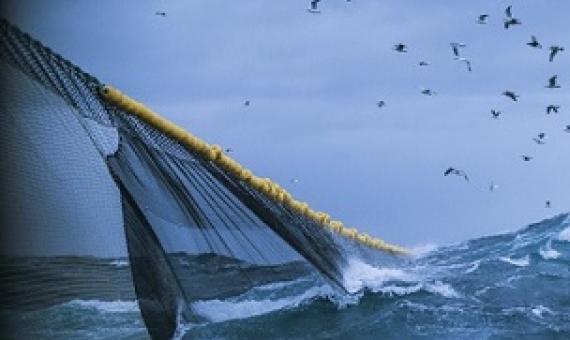Custodians of the globe’s blue carbon assets
Over the last decades scientists have discovered that seagrass meadows, tidal marshes, and mangroves – “blue carbon” ecosystems – are among the most intensive carbon sinks in the biosphere. By sequestering and storing significant amounts of carbon from the atmosphere and ocean, blue carbon ecosystems help mitigate climate change. But conversion and degradation of these ecosystems can also release billions of tons of CO2 and other greenhouse gases into the ocean and atmosphere and contribute to global warming.

